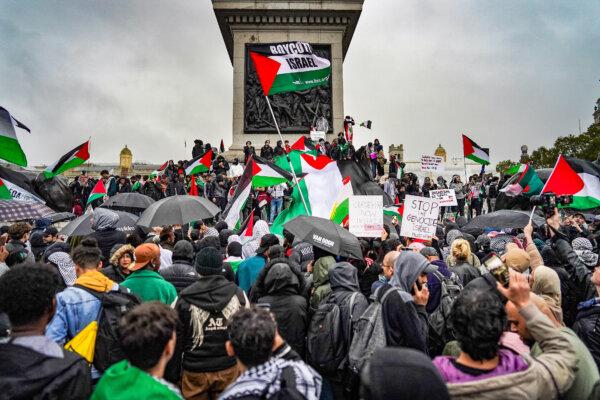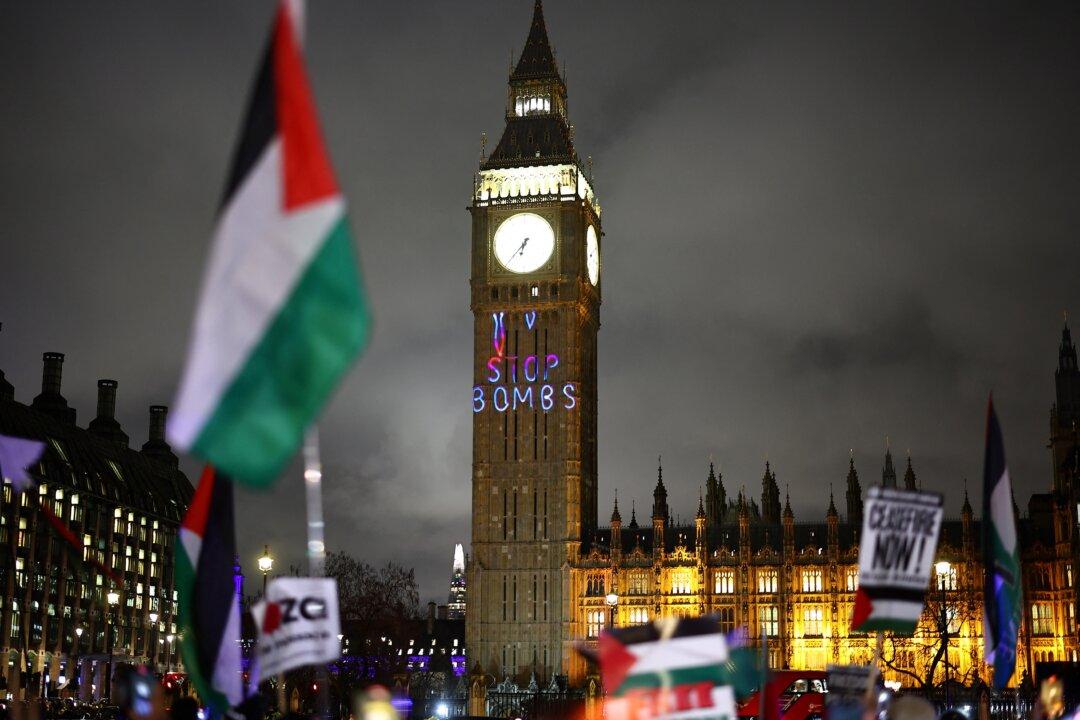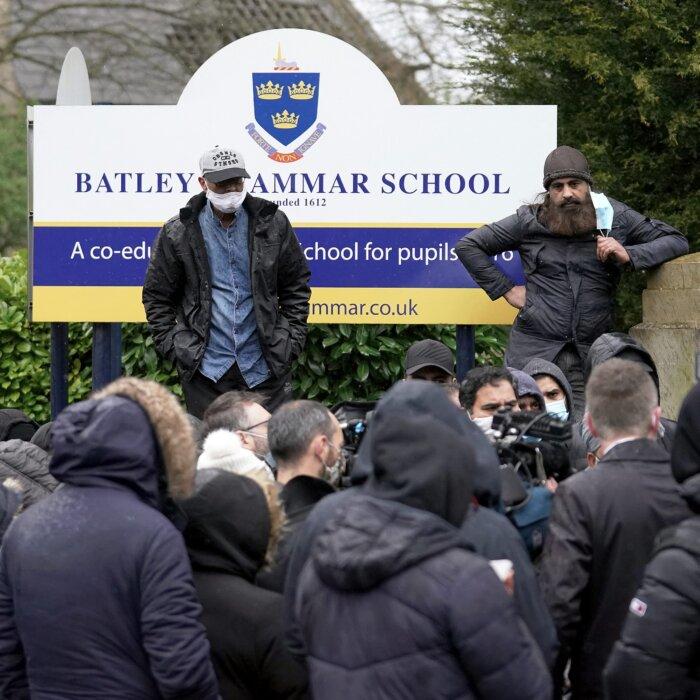The term “Islamophobia” is being “regularly misused” to silence open debate and a government-endorsed definition of the term would be a threat to freedom of speech, a think tank has warned.
Report authors emphasised that the debate about a definition of Islamophobia “is not abstract,” representing a substantive question for the lawmakers facing a general election and having “serious ramifications for existing legislation and our own individual liberties.”
‘Ever-Widening’ Use of ‘Islamophobia’
The think tank said “the conflation of criticism with bigotry, and the use of the term ‘Islamophobia’ to attack people with whom you disagree, have become both more prevalent and more menacing.” The term is being applied increasingly in public debate, in what authors called “definitional slippage.”Continuing to describe the “creeping malaise” of misuse of the word, authors noted criticism of Prime Minister Rishi Sunak by the Labour Muslim Network (LMN) after he urged Labour MPs to call for a deescalation of hostilities by Hamas.
Responding to Labour MP Zarah Sultana’s request to “call for an immediate ceasefire,” Mr. Sunak replied, “Perhaps the honourable lady would do well to call on Hamas and the Houthis to deescalate the situation.”
‘Chilling Effect’
In 2019, the government rejected a definition of Islamophobia drawn up by the All-Party Parliamentary Group (APPG) on British Muslims, chaired by Labour’s Wes Streeting. It would have defined Islamophobia as “rooted in racism” and “a type of racism that targets expressions of Muslimness or perceived Muslimness.”Policy Exchange argues that there is already a “substantial body of law prohibiting faith-based hate crime or discrimination on the grounds of religion” which could be used to target anti-Muslim bigotry.
The authors warned that even if a definition is not legally binding to begin with, an officially-endorsed definition will “in practice have a chilling effect” and was already having that impact on policing.
“Though the words ‘Islamophobia’ or ‘Islamophobic’ appear nowhere in any law, the police, who are supposed to apply the law, have started using them anyway,” the think tank noted.
Authors also say that while politicians associated with the APPG, such as Baroness Warsi, have claimed that any definition would be “non-legally binding,” advocates of an Islamophobia definition “have explicitly stated that adoption will be the first step towards its wider operationalisation.”
The authors cited the forward to the APPG report, which says the group wants the definition to be “adopted by Government, statutory agencies [and] civil society organisations” so Islamophobia, as defined by the APPG, could be “challenged using every available lever in Government, politics, policymaking, media, society and education.”

‘Blasphemy Law Via the Backdoor’
Former Conservative Home Secretary Sir Sajid Javid backed the report, warning that a new definition “risks creating a blasphemy law via the backdoor by targeting legitimate speech.”Sir Sajid said it would make efforts to tackle racial hatred “more difficult” and would present a “serious threat to free speech.”
Further, he suggested that counter terrorism policies could be at risk if aspects of national security policing are deemed “Islamophobic.”
“No religion should be immune from criticism. Yet this definition would risk creating a blasphemy law via the backdoor by targeting legitimate speech. Critics are right to question how such a definition would be consistent with freedom of expression, and also the potentially dangerous consequences of suppressing it,” he said.







